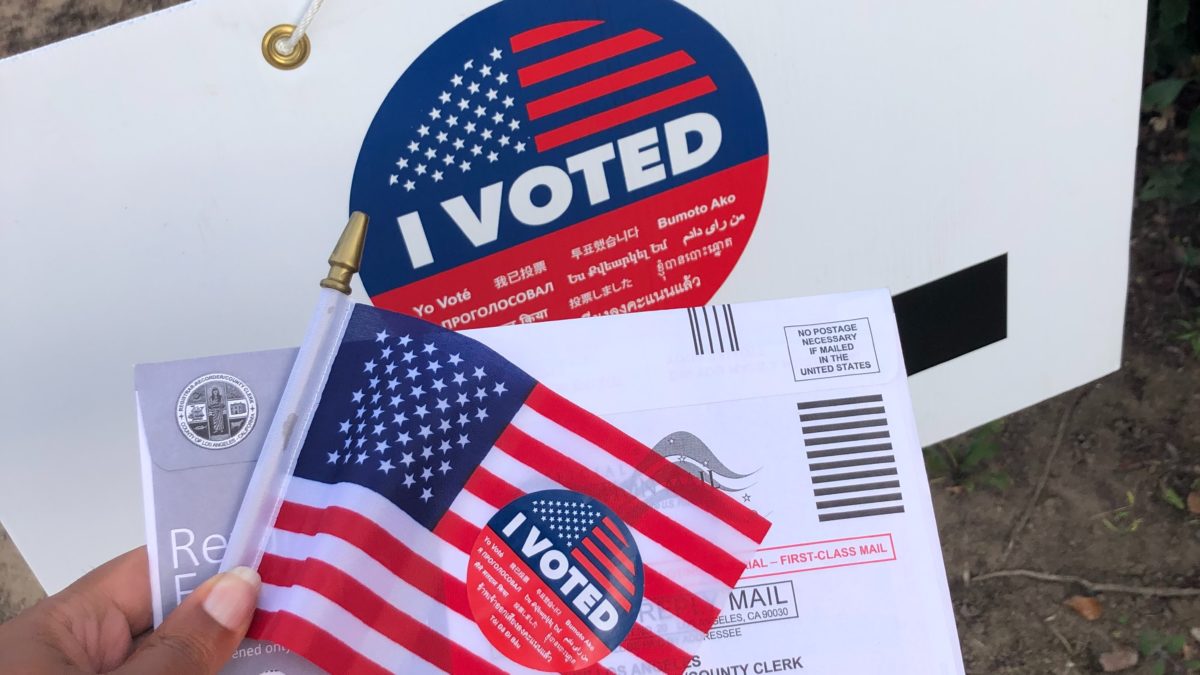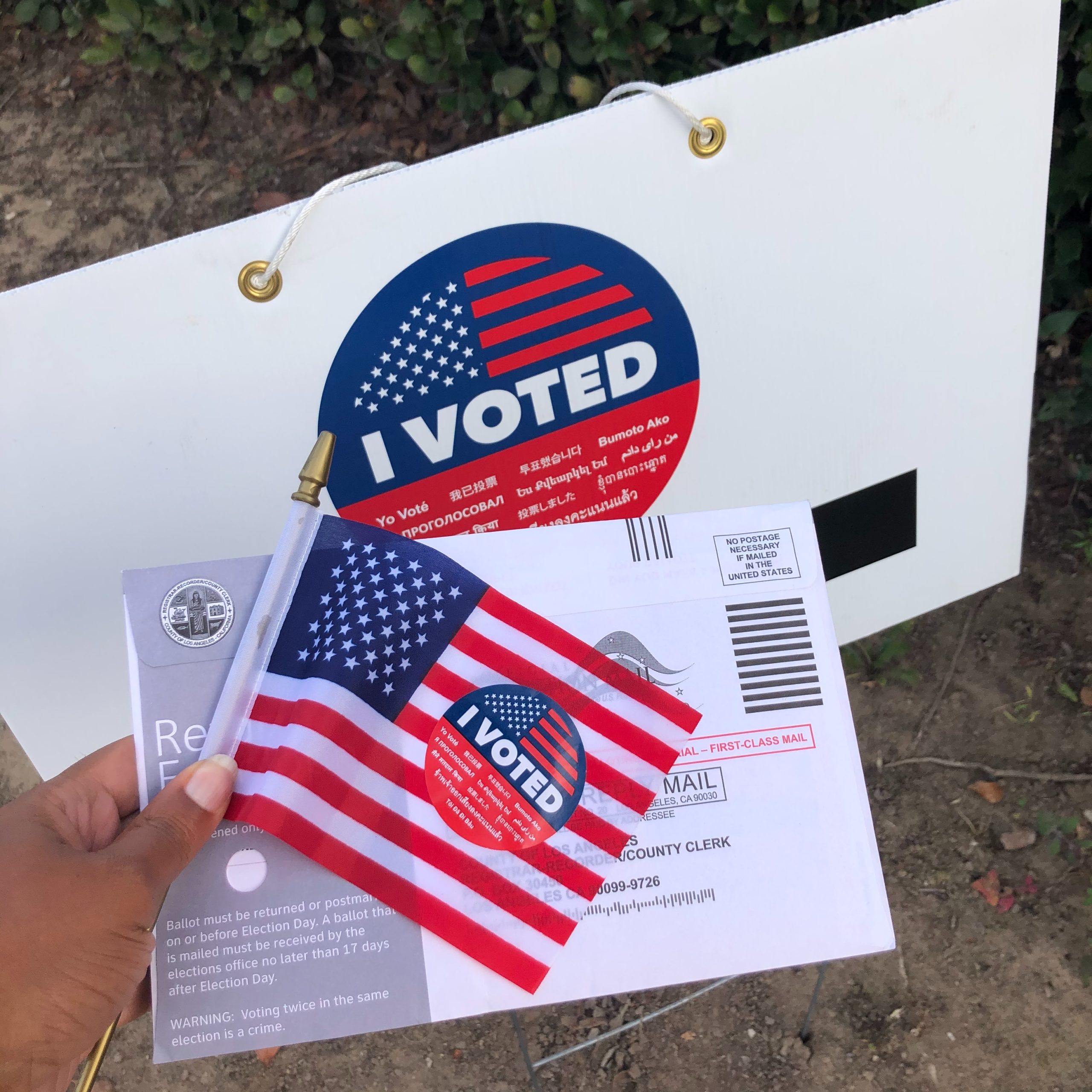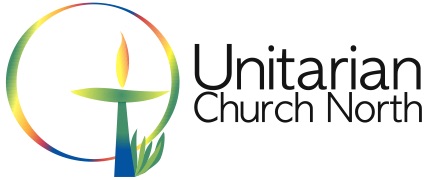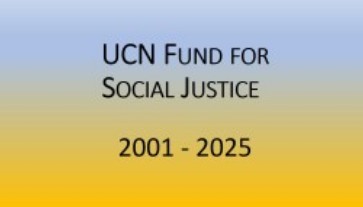Ways You Can Support Democracy – Resources, Guides, and More


There are many ways to engage in the democratic process and support democracy in our society at large. Not everyone can do everything, but we hope you will take the time to vote, and if you can, support others in doing the same. Below are some ideas and resources to help you along, and even if you aren’t of voting age yet, there’s lots you can do too. We hope this is a helpful list. As you read through, jot down the ideas that sound like something you could do to support democracy:
Register to vote or double check your registration:
- In Wisconsin you can register to vote online or by mail ahead of the election. You can also register to vote at the polls, but you need to have the right documentation to register.
- Even if you voted successfully in the last election, it’s still good to double check your registration is still valid before the next election. Across the country there have been legitimate voters removed from the rolls.
- In Wisconsin you can register to vote online and check your current registration status is up to date at myvote.wi.gov
- For information about everything related to voting in Wisconsin and all other states, including registration deadlines, please visit vote411.org
Learn about the candidates running for office and any ballot initiatives ahead of time:
- Look up your ballot ahead of time:
- Wisconsinites:: myvote.wi.gov
- Other states & Wisconsinites can look theirs up here: ballotpedia.org/Sample_Ballot_Lookup
- Research the candidates and ballot initiatives, especially your local offices. The people in those offices can have the biggest impact on key areas of your life, but they are often overlooked. The winning candidates are going to have the most experience and name recognition if they choose to seek higher offices in the future. It’s also important to know if there is a referendum or other question on your ballot. Unfortunately, it’s common for the question to be worded in a way that makes something you may not support sound like it is. This is where reading multiple perspectives on those questions ahead really makes a difference.
- Ballotpedia.org and vote411.org have lots of information about each of the candidates and details on any ballot initiatives or referendums.
- Also look for local newspapers and news channels that have articles or stories about the candidates, but keep in mind what their editorial background is so you know what perspective they may be sharing.
- Keep an eye out for candidate forums and debates. Different local organizations often have these leading up to an election, and sometimes they are available online or recorded after if you can’t attend in person.
- Look at who is endorsing which candidates and why
- Seek out the opportunity to meet candidates. They often hold campaign events. This is a great opportunity to hear from them first hand and ask them your questions directly!
- Consider using the Unitarian Universalist principles to help you decide who you will vote for.
Make your plan to vote and add it to your calendar today!
- Sign up for an absentee ballot (i.e. Vote by mail). Be sure you sign up before the deadline for your municipality.
- Wisconsin visit myvote.wi.gov’s absentee by mail page
- Other states visit Vote.org’s absentee voting page
- Vote early in-person (a.k.a in-person absentee) before election day
- Wisconsin has early voting, this is administered by your local municipality. Visit myvote.wi.gov’s Early Voting page
- For other states, find out if you have early voting at Vote.org and also check with your local municipality for specific locations, dates, and times.
- Look up your election-day in-person polling location (they can change between elections so be sure to check so you aren’t having to go to multiple locations on election day)
- In Wisconsin go to myvote.wi.gov
- For other states visit Vote.org
- Learn more about all 3 of your voting options listed above at vote411.org
- Get a ride to the polls
- In Wisconsin visit my.lwv.org/wisconsin/article/rides-polls-wisconsin
Know your rights and who to call if you or others are unable to vote
- Election Day Problems, the League of Women Voters has your back, Report an election issue by calling:
- 1-866-OUR-VOTE (866-687-8683)
- 1-888-VE-Y-VOTA (en Español)
- 1-888-API-VOTE (Asian multilingual assistance)
- 1-844-YALLA-US (Arabic)
- Track your absentee (mail or early voting ballot)
- In Wisconsin
- In Wisconsin and all other states visit Vote.org’s ballot tracker page
Get friends, family, and your community engaged in the democratic process
- Did you know that the most effective way to get more people to vote is by talking to your family and friends about it? Here are some resources of how to get started and how to handle resistance or voter apathy to get you started:
- How to Talk About Voting
- Let's Talk About Voting
- The One Argument That Can Convince People to Vote
- Tools and Strategies to Talk About Voting
- Why it makes a difference to talk with people you know:
- Friends Ask Friends to Vote
- "A family member, friend, colleague, or acquaintance is a much better and more trusted messenger than a stranger, campaign ad, or social media post. Tests show that a friend-to-friend contact can increase voter turnout by up to 8 percent and have up to two times more impact than a cold call, text, or door knock."
- Why I Vote
- Friends Ask Friends to Vote
- Help friends or family members register, get an absentee ballot, look up their ballot, or give them a ride to the polls by sharing the resources on this page, or helping them through the process. Make it as easy as possible for them to vote their voice!
- Know your rights and get support for voting if you have a disability
- Help community members get to the polls
- In Wisconsin visit soulstothepollswi.org to volunteer.
- Volunteer to get out the vote in your community
- uuthevote.org
- Enjoy a major concert or comedy performance for free while you help register people to vote headcount.org/volunteer
- Volunteer to help voters register rockthevote.org/get-involved/help-register-voters or lwv.org/planning-voter-registration-drive
- Become a poll worker - there is a big shortage of poll workers, and you can make a difference to providing safe, secure, and accessible voting for all in your community.
- Host an election night party with friends, family, or volunteers to watch the returns together, or to celebrate together that you were all able to voice your vote in our democracy!
Run for office! Or encourage friends or family members you would like to represent you to run.
- Many state and local offices are uncontested and some don't have any candidates. To have a thriving democracy we need choices!
- In Wisconsin learn more about it here: localgovernment.extension.wisc.edu/elections and ballotpedia.org/How_to_run_for_office_in_Wisconsin are good places to start
- npr.org/how-to-run-for-office
- "You don't have to know everything before you run. And you don't need to be rich"
- Talk to those already elected in other municipalities or districts in the same office to get their perspective and advice, and maybe even an endorsement!
Other ways to get engaged
- Volunteer for candidates you support, or put up yard signs or bumper stickers. There’s lots you can do from helping in the office to doing door-to-door campaigning.
- Help support fair election district maps to be sure your vote really counts
- Work to get dark money out of the process so our representatives represent us over those buying their influence
- Stay on top of democracy news and information including voting rights, access, and suppression information so you can make better informed decisions on candidates positions and the legislation that you want them to support.
- Write a letter to the editor of your local newspaper or share on social media what democracy means to you and why you are voting
- Donate to causes supporting democracy, voting rights, or to candidates you support.
- Share all of the information on this page with friends and family to help them get engaged in the democratic process
Thank you for taking the time to support the 5th UU principle, to affirm and promote the use of the democratic process within our congregation and in society at large. This Democracy in Society at Large project is brought to you by the Unitarian Church North Social Justice Committee. If you would like to learn more, please visit our web page https://ucnorth.org/social-justice



